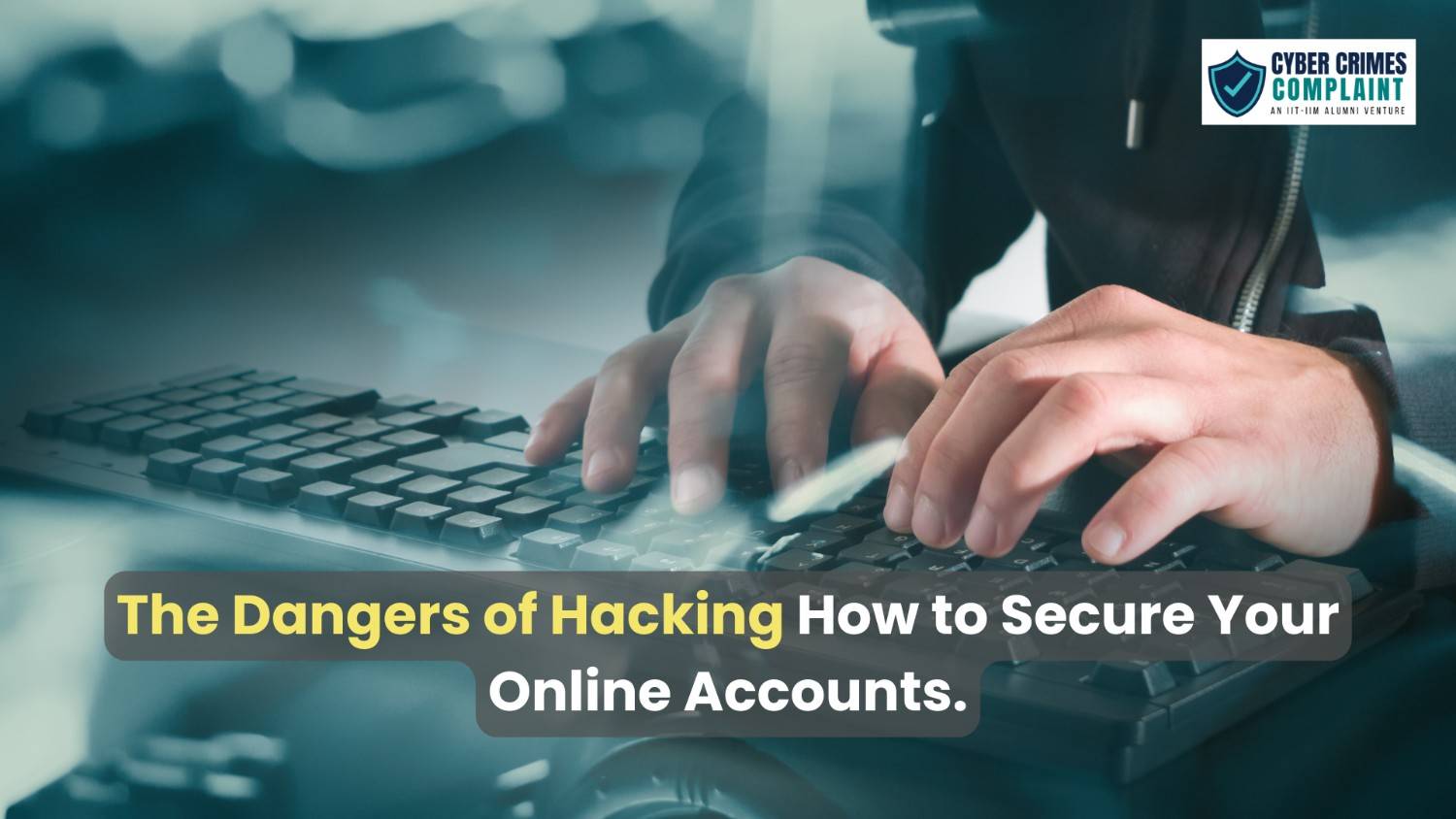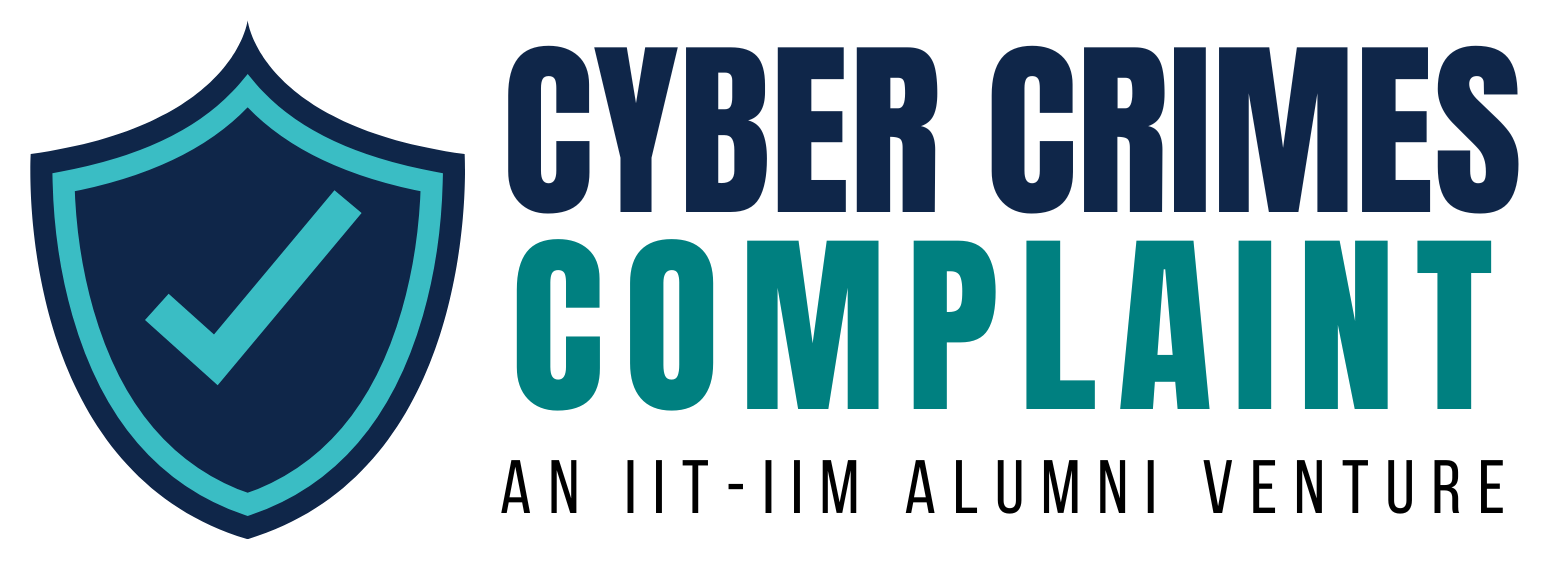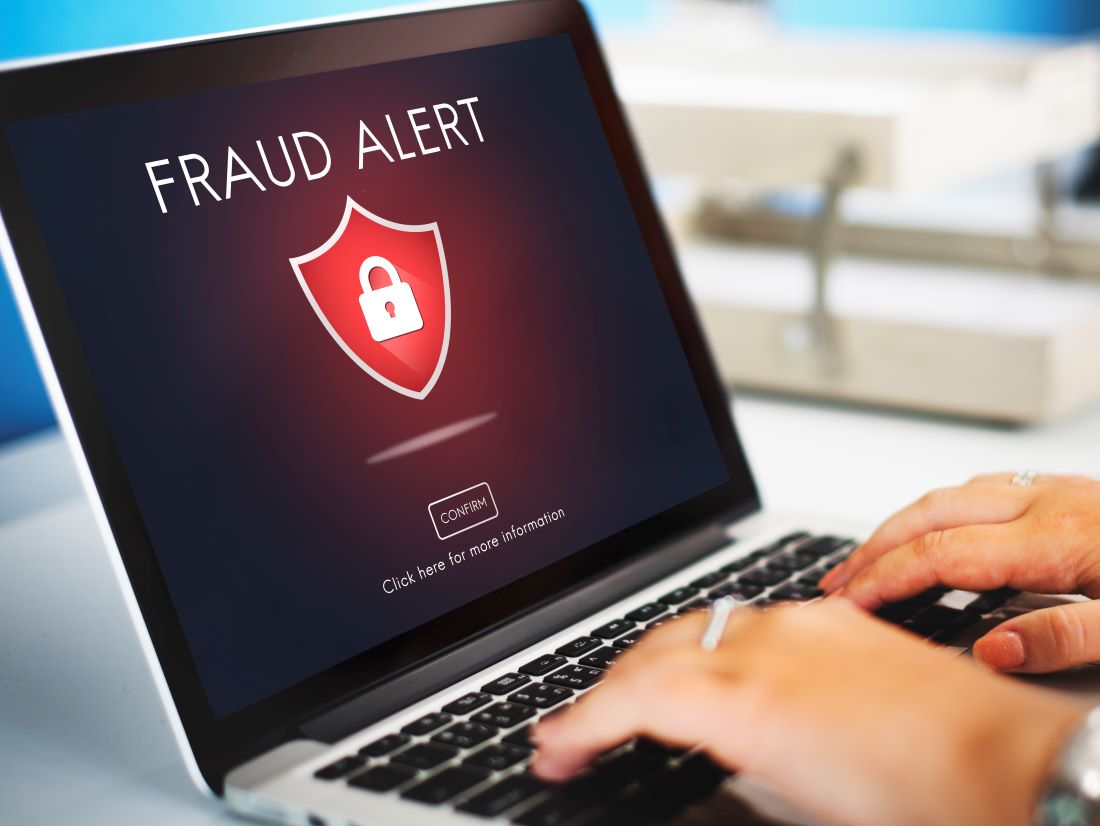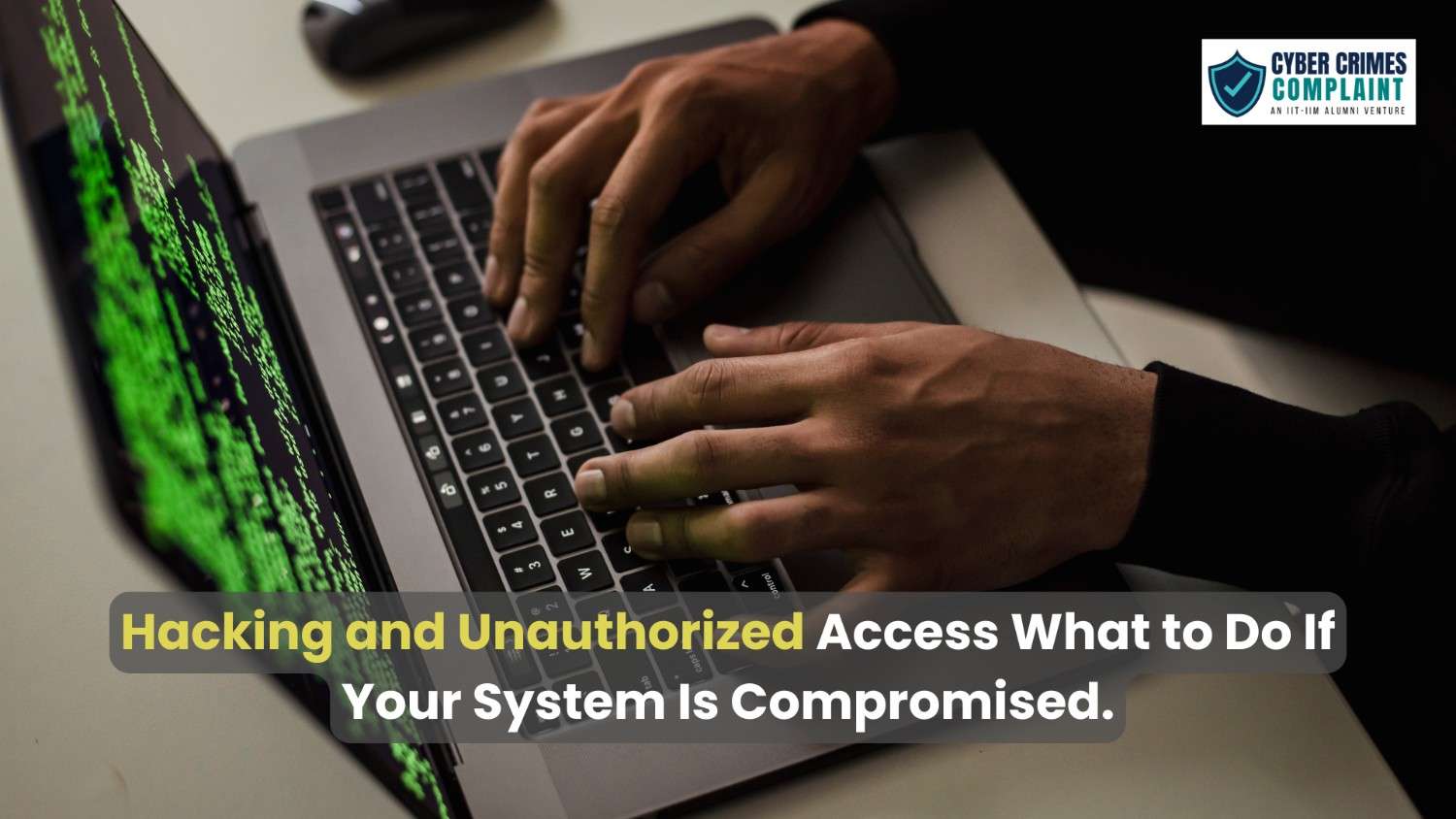· Online Scams · 6 min read
The Dangers of Hacking: How to Secure Your Online Accounts
As digital threats increase, protecting your online accounts becomes crucial. Learn about the dangers of hacking and how to secure your accounts with strong passwords, two-factor authentication, and safe browsing habits.

As our lives become more digital, the risks of hacking continue to grow. Hackers target individuals and organizations for personal gain, data theft, or even just for the thrill of breaching security. To protect your online presence, it’s crucial to understand the dangers of hacking and take proactive steps to secure your accounts.
What Is Hacking?
Hacking involves unauthorized access to digital devices, systems, or networks. Hackers use various techniques to bypass security, often to steal sensitive data, install malware, or control systems remotely.
The Dangers of Hacking
Hacking can have significant consequences, both for individuals and businesses. Here are some of the major risks:
Identity Theft One of the most severe risks is identity theft. Hackers often steal personal information like your name, address, Social Security number, or credit card details, allowing them to impersonate you and make fraudulent transactions.
Financial Loss Through hacking, cybercriminals can gain access to bank accounts or credit cards, resulting in direct financial loss. Unauthorized purchases or transactions can go unnoticed until it’s too late.
Data Breaches Hackers who access sensitive data can expose or sell it on the dark web, leading to a loss of privacy. For companies, data breaches can mean regulatory fines, lawsuits, and a damaged reputation.
Malware and Ransomware Attacks Some hackers infect devices with malware or ransomware , which can compromise data, slow down your system, or even hold your files hostage until you pay a ransom.
Loss of Personal Privacy Hacking can invade your personal life in a big way. Hackers may gain access to your emails, social media accounts, or even location data, compromising your privacy.
Loss of Trust and Reputation Businesses affected by hacking can suffer long-term damage to their reputation, losing customer trust. Individuals may also face issues, especially if hackers post embarrassing or harmful content from their accounts.
Unauthorized Control of Devices Hackers can sometimes gain control over your devices remotely, which is not only invasive but can also lead to further breaches. They might use your device to attack others, download illegal content, or spy on your activities.
How to Secure Your Online Accounts
To protect yourself from these risks, it’s essential to implement strong security practices across your online accounts.
Use Strong, Unique Passwords for Each Account A strong password should be at least 12 characters long and include a mix of letters, numbers, and symbols. Avoid using the same password for multiple accounts, as one breach could expose all your accounts.
Enable Two-Factor Authentication (2FA) Two-factor authentication adds an extra layer of security by requiring two forms of identification before granting access. Even if a hacker obtains your password, they’ll still need your second authentication method, like a code sent to your phone.
Regularly Update Your Software and Devices Hackers often exploit vulnerabilities in outdated software. Make sure you install updates for your operating system, applications, and antivirus software to patch these weaknesses.
Be Cautious with Phishing Scams Phishing scams trick people into revealing personal information by pretending to be legitimate organizations. Always double-check the sender’s details and avoid clicking on suspicious links.
Monitor Your Accounts Regularly Keeping an eye on your accounts can help you catch suspicious activity early. Check for unusual transactions, unknown logins, or changes in account settings.
Avoid Using Public Wi-Fi for Sensitive Transactions Public Wi-Fi networks are typically less secure and can be easily intercepted by hackers. Avoid logging into sensitive accounts or making financial transactions when connected to public Wi-Fi. If necessary, use a VPN for added security.
Secure Your Email Account Your email account is often the gateway to other online services, as it can be used to reset passwords. Use a strong password, enable 2FA, and monitor for unusual activity.
Install Security Software Install reputable security software that includes antivirus, anti-malware, and firewall protection. These tools can detect and block many types of malicious activity before it affects your system.
Limit the Information You Share Online Hackers can use details like your birth date, phone number, or address to guess security questions or create fake profiles. Be cautious about sharing personal information on social media and other online platforms.
Review Privacy Settings on Social Media Make sure your social media accounts are set to private, and limit the personal information visible to the public. Avoid accepting friend requests from unknown individuals who could be potential hackers.
Use a Password Manager Password managers help you create and store strong, unique passwords for each of your accounts. This way, you don’t have to remember each password and can use complex combinations to keep your accounts secure.
Log Out of Accounts When Not in Use Always log out of accounts when you’re finished, especially on shared or public devices. This prevents unauthorized access if someone else uses the device after you.
Check for Suspicious Activity on Your Devices Monitor your devices for unusual behavior, such as slow performance, unexpected pop-ups, or unknown applications. These could be signs of malware or hacking.
Regularly Back Up Your Data In case of a ransomware attack or major breach, having backups of your data can save you from losing important files. Store backups on an external hard drive or a secure cloud service.
Be Mindful of Permissions for Apps and Extensions When downloading apps or browser extensions, only grant necessary permissions and avoid apps that require excessive access to your data or device.
Conclusion
Hacking poses serious risks, from financial loss to identity theft and beyond. By following these security practices, you can protect your online accounts and minimize the chance of falling victim to cybercrime. Staying informed and vigilant is the best way to keep hackers at bay and ensure your personal information remains secure.
FAQs
What should I do if I think my account has been hacked? Immediately change your passwords, enable two-factor authentication, and review your account activity. If you see unauthorized transactions, report them to the relevant platform or bank.
Is it safe to use the same password for multiple accounts? No, using the same password across accounts increases your risk. If one account is hacked, all others with the same password are vulnerable.
Can antivirus software prevent hacking? Antivirus software helps by detecting and blocking malicious files, but it can’t protect against all types of hacking. Using antivirus alongside other security measures offers better protection.
How can I tell if a link is part of a phishing scam? Hover over the link to check the URL before clicking. If it looks unfamiliar or has spelling errors, it’s likely a phishing attempt.
Why is public Wi-Fi unsafe for sensitive transactions? Public Wi-Fi is often unsecured, meaning hackers can intercept data transmitted over the network. Sensitive actions, like banking, should be avoided on public Wi-Fi networks.



